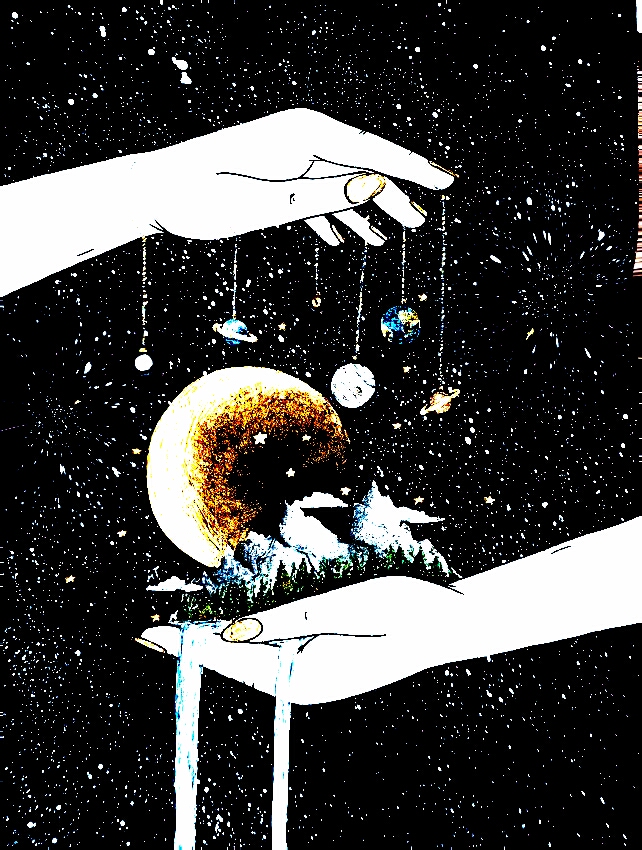7667766266
enquiry@shankarias.in
What is the issue?
What is Theatre Olympics?
How has Indian theatre fared historically?
Is the initiative massive?
What are the concerns?
What can be hoped out of the festival?
Source: The Hindu

Vijay V 8 years
Hope the "Anti Nationalism" clause doesn't put artists under sedition case. Moreover, a drama is also supposed to show the reality.